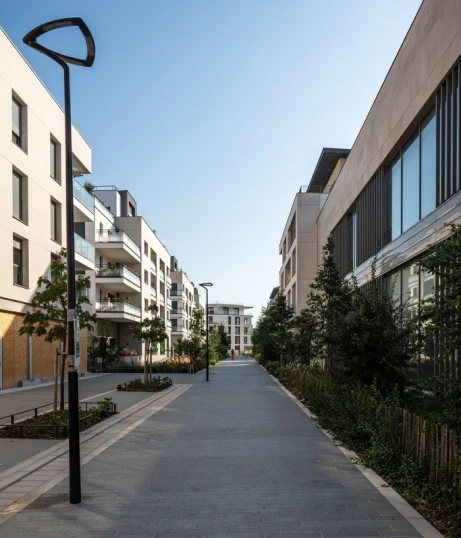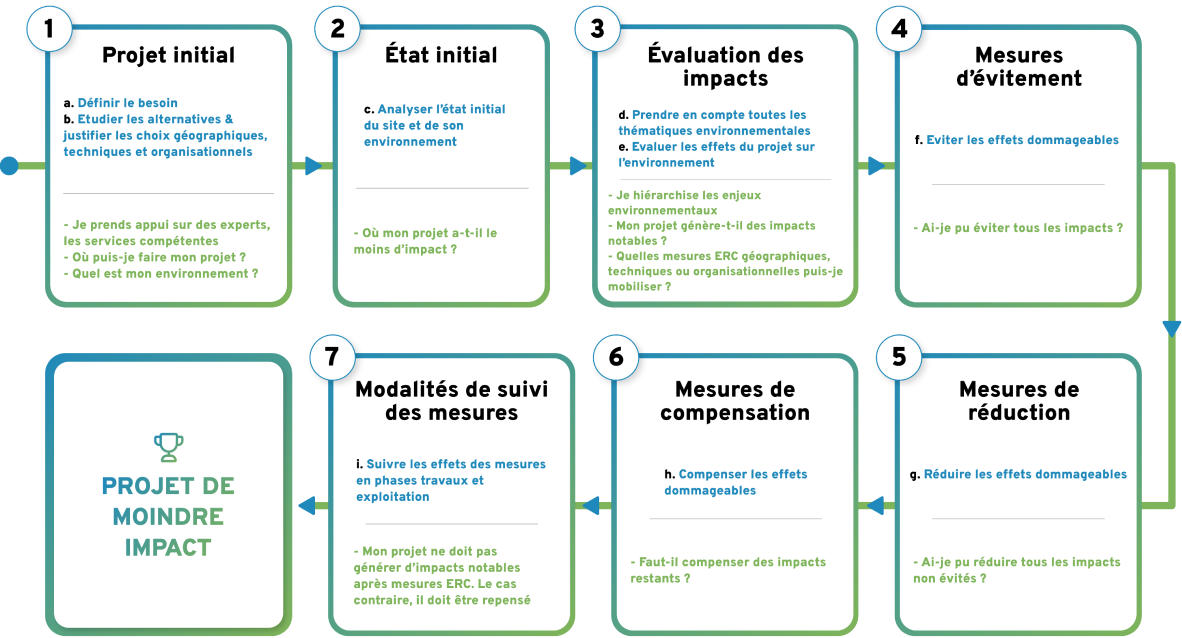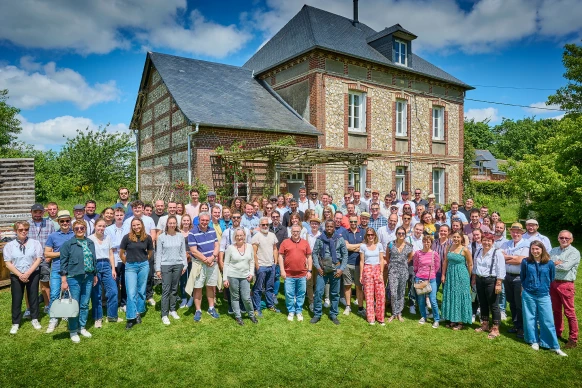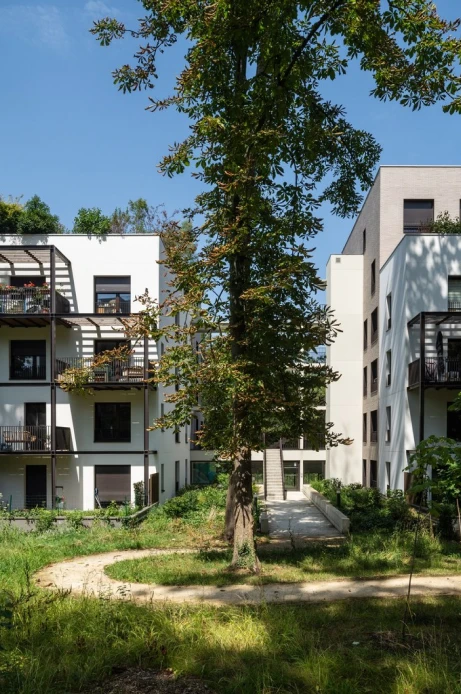INGETEC | OUR APPROACH
Ingetec’s approach to low-carbon transition in territorial development
For each project, Ingetec integrates a resilient, low-carbon perspective at every stage: from initial diagnostics to specific and regulatory studies, through to project management and asset management.
When a local authority turns to our services with a territorial planning challenge, we provide solutions designed to improve usability while preserving the environment in every field: water, soil, resources, heat, and more.
Thus, when the project owner expresses a need, our role is to broaden the scope in order to encompass all aspects of the project—financial as well as environmental—and to propose the most forward-looking solutions possible. A set of specifications is then prepared in line with these priorities, while respecting both timelines and budget. From design to execution, from mobility studies to urban planning studies, Ingetec is involved at every stage.
Recently committed to becoming a mission-driven company, Ingetec makes every effort to minimize the impacts of its projects within the framework of the low-carbon transition. For example, if construction works cannot be avoided in an ecologically sensitive area, we implement an impact-reduction plan. As a last resort, we offset the environmental degradation caused.

Our 7 Steps for a Low-Impact Project


Our Mission: Adapting Territories to Protect People and Nature
Ingetec’s mission is to provide technical support to public authorities and private stakeholders, helping them build more resilient territories in the face of climate change.
We combine multidisciplinary expertise in territorial planning with the ability to intervene at every stage of project management (maîtrise d’œuvre), while ensuring a low-carbon approach in every project.
What makes Ingetec unique is that we have been a human-scale consulting firm for over 30 years, while still offering the broad range of expertise usually found in larger groups. Proximity to our clients is the guiding principle of our 80 team members, based in 8 offices across France.
Territorial planning for the low-carbon transition: why anticipate it?

Local authorities that plan ahead today for adapting their territories to climate change will be the most resilient to current and future disruptions, in order to protect citizens, natural resources, biodiversity, and infrastructure.
In the context of the low-carbon transition, local authorities face several challenges in territorial planning: adapting existing infrastructure, protecting against disasters, and preserving natural areas while limiting soil artificialization.
The longer a community waits to adapt, the higher the cost of inaction will be. The cost of action has been estimated at 1% of GDP, compared to 5% for inaction (Stern Report).
Thus, the “winning” communities of the transition will be those that take action today for tomorrow, positively impacting public spending by working with skilled partners who understand their challenges.
